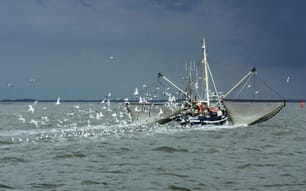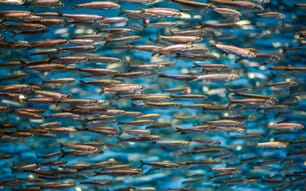European Commissioner for Maritime Affairs and Fisheries, Maria Damanaki said: "Today, we put the building blocks in place so that tomorrow's generation of Europeans will have the knowledge and skills to better manage our oceans and draw the full benefits they can provide us, while respecting the balance of the ecosystem of the sea."
She continued: "For example, our initiative to create a digital map of the entire seabed of European waters will increase the predictability for businesses to invest, lowering costs and stimulate further innovation for sustainable blue growth."
The Commission identifies a number of hurdles to be overcome: our knowledge about the sea is still limited, maritime research efforts between Member States are not linked up, whilst the European workforce of tomorrow will need more engineers and scientists to apply new technologies in the marine environment.
European Commissioner for Research and Innovation, Máire Geoghegan-Quinn said: "We probably know more about the surface of the Moon and even Mars than we do about the deep sea floor. Maritime innovation has enormous potential for our economy, and will help us meet challenges like climate change and food security. Blue Growth is therefore a focus area for Horizon 2020, our new research and innovation programme."
The Commission action plan presented today proposes to:
- Deliver a digital map of the entire seabed of European waters by 2020.
- Create an online information platform, to be operational before the end of 2015, on marine research projects across the Horizon 2020 programme as well as nationally funded marine research, and to share results from completed projects.
- Set up a Blue Economy Business and Science Forum, which will involve the private sector, scientists and NGOs to help shape the blue economy of the future and share ideas and results. A first meeting will take place in the margins of the 2015 Maritime Day event in Piraeus, Greece.
- Encourage research, business and education actors to map out the needs and skills for tomorrow's workforce in the maritime sector by 2016.
- Examine the possibility of major players from the research, business and education community to form a Knowledge and Innovation Community (or KIC) for the blue economy after 2020. KICs, part of the European Institute of Innovation and Technology (EIT) can stimulate innovation in multiple ways, for example by running training and education programmes, reinforcing the path from research to the market and setting up innovation projects and business incubators.



